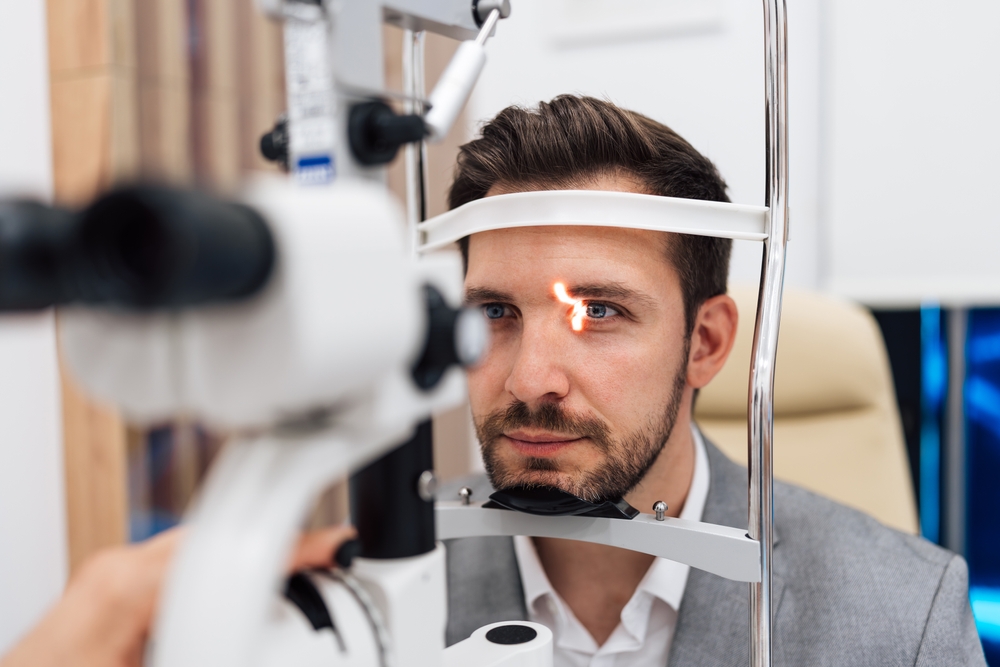
Glaucoma is a serious eye condition that can lead to vision loss and even blindness if left untreated. It is a group of eye disorders that damage the optic nerve, which is responsible for transmitting visual information from the eye to the brain. While glaucoma is a leading cause of blindness worldwide, the good news is that it can often be prevented or managed with early detection and proper treatment.
Understanding the Causes and Risk Factors of Glaucoma
Glaucoma is often caused by a buildup of pressure within the eye, known as intraocular pressure (IOP). This increased pressure can damage the optic nerve, leading to vision loss. While the exact causes of glaucoma are not fully understood, there are several risk factors that can increase your chances of developing the condition:
- Age: The risk of developing glaucoma increases with age, with the condition being more common in people over the age of 60.
- Family History: If you have a close relative with glaucoma, you are at a higher risk of developing the condition yourself.
- Race: Certain racial and ethnic groups, such as African Americans and Hispanics, are at a higher risk of developing glaucoma.
- Eye Anatomy: People with certain eye anatomical features, such as a narrow angle between the iris and cornea, are more susceptible to developing glaucoma.
- Medical Conditions: Conditions like diabetes, high blood pressure, and certain types of eye inflammation can increase your risk of glaucoma.
Understanding these risk factors is crucial, as it can help you and your healthcare provider take proactive steps to monitor your eye health and potentially prevent the onset of glaucoma.
Common Symptoms of Glaucoma
Glaucoma is often referred to as the "silent thief of sight" because it can progress without any noticeable symptoms in the early stages. However, as the condition advances, you may experience the following symptoms:
- Gradual loss of peripheral (side) vision
- Blurred or cloudy vision
- Difficulty adjusting to changes in light and dark
- Frequent headaches or eye pain
- Seeing halos or rainbows around lights
- Redness or swelling in the eye
It's important to note that not all forms of glaucoma exhibit the same symptoms, and some individuals may not experience any noticeable signs until the condition has significantly progressed. This is why regular eye exams are crucial for the early detection and management of glaucoma.
The Importance of Regular Eye Exams for Glaucoma Detection
Regular eye exams are the key to the early detection and prevention of glaucoma. During these exams, your optometrist will measure your intraocular pressure, assess the health of your optic nerve, and perform other tests to identify any signs of glaucoma. Early detection is crucial, as it allows your healthcare provider to implement appropriate treatment and management strategies to prevent or slow the progression of the condition.
If you have any of the risk factors mentioned earlier, it's recommended that you schedule an eye exam with an optometrist at least once a year. This is especially important if you are over the age of 40 or have a family history of glaucoma. By staying vigilant and proactive about your eye health, you can take the necessary steps to protect your vision and prevent the devastating effects of glaucoma.
Tips for Preventing Glaucoma
While there is no surefire way to completely prevent the development of glaucoma, there are several steps you can take to reduce your risk and protect your vision:
1. Maintain a Healthy Lifestyle: Adopt a balanced diet rich in eye-healthy nutrients, exercise regularly, and maintain a healthy weight. These lifestyle choices can help reduce your risk of developing glaucoma and other eye conditions.
2. Manage Underlying Health Conditions: If you have conditions like diabetes, high blood pressure, or thyroid disorders, work closely with your healthcare provider to keep them under control. These conditions can increase your risk of glaucoma if left unmanaged.
3. Protect Your Eyes: Wear sunglasses when outdoors to shield your eyes from harmful UV rays, and be cautious when engaging in activities that could potentially cause eye injuries.
4. Quit Smoking: Smoking has been linked to an increased risk of developing glaucoma. If you smoke, consider quitting to improve your overall eye health.
5. Get Regular Eye Exams: As mentioned earlier, routine eye exams are crucial for the early detection and prevention of glaucoma. Follow your eye doctor's recommendations for the frequency of your eye exams, as this can vary based on your age, risk factors, and overall eye health.
6. Comply with Prescribed Treatments: If you have been diagnosed with glaucoma, it's essential that you follow your healthcare provider's treatment plan, which may include eye drops, oral medications, or even surgery. Adhering to your treatment regimen can help slow the progression of the condition and preserve your vision.
By incorporating these tips into your lifestyle, you can take proactive steps to reduce your risk of developing glaucoma and safeguard your eye health for years to come.
Taking Proactive Steps to Prevent Glaucoma
Glaucoma is a serious eye condition that can have devastating consequences if left untreated. However, with early detection and proper management, it is possible to prevent or slow the progression of this disease and protect your vision. By scheduling routine checkups and working closely with your eye doctor, you can identify any signs of the condition early on and take the necessary steps to manage it effectively.
Schedule your comprehensive eye exam today and take the first step towards protecting your vision from the effects of glaucoma. Contact Clarity Eye Care to book your appointment and safeguard your eye health for the future. Visit our office in Ridgewood, New York, or call (718) 456-1130 today.




